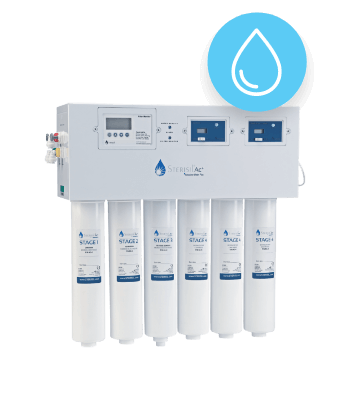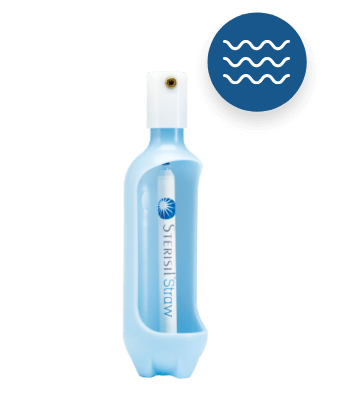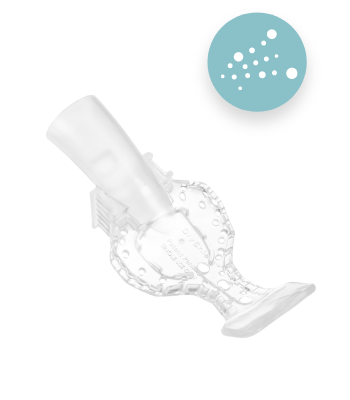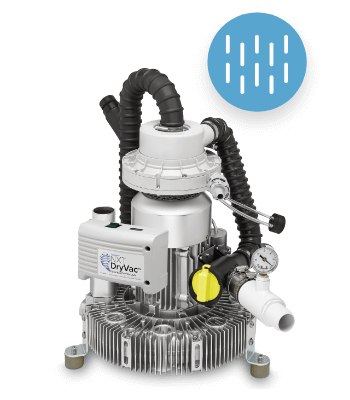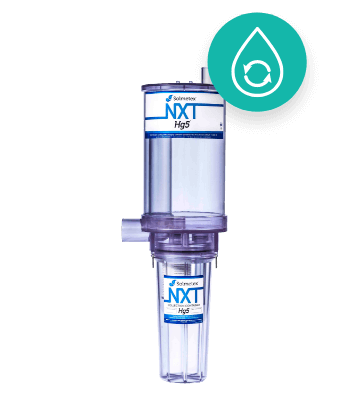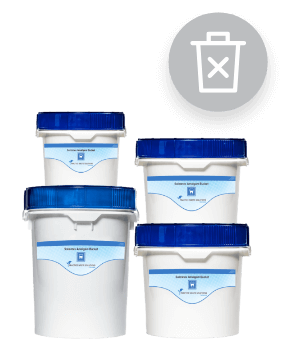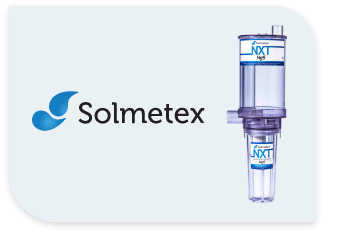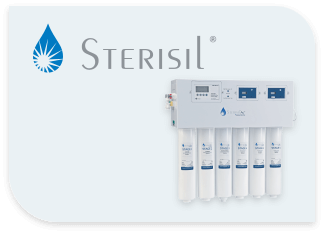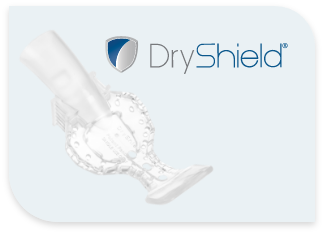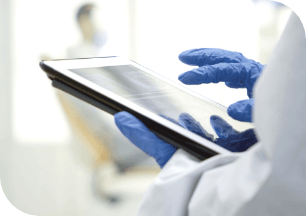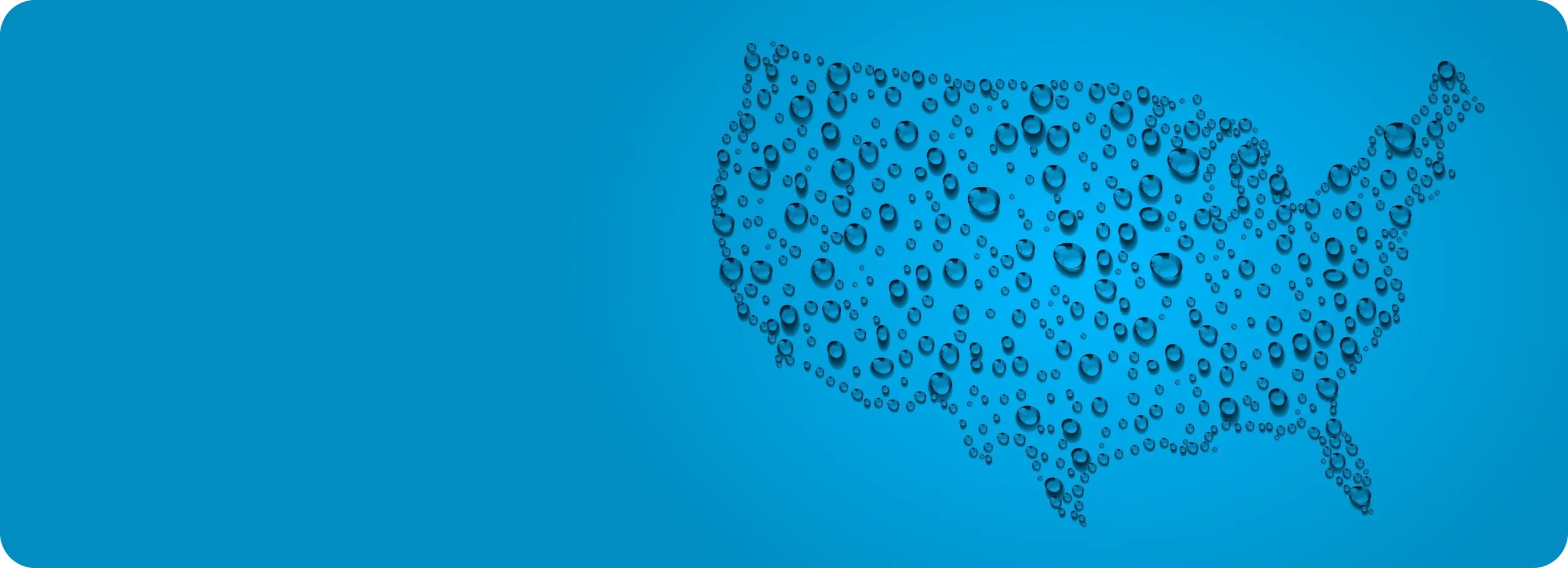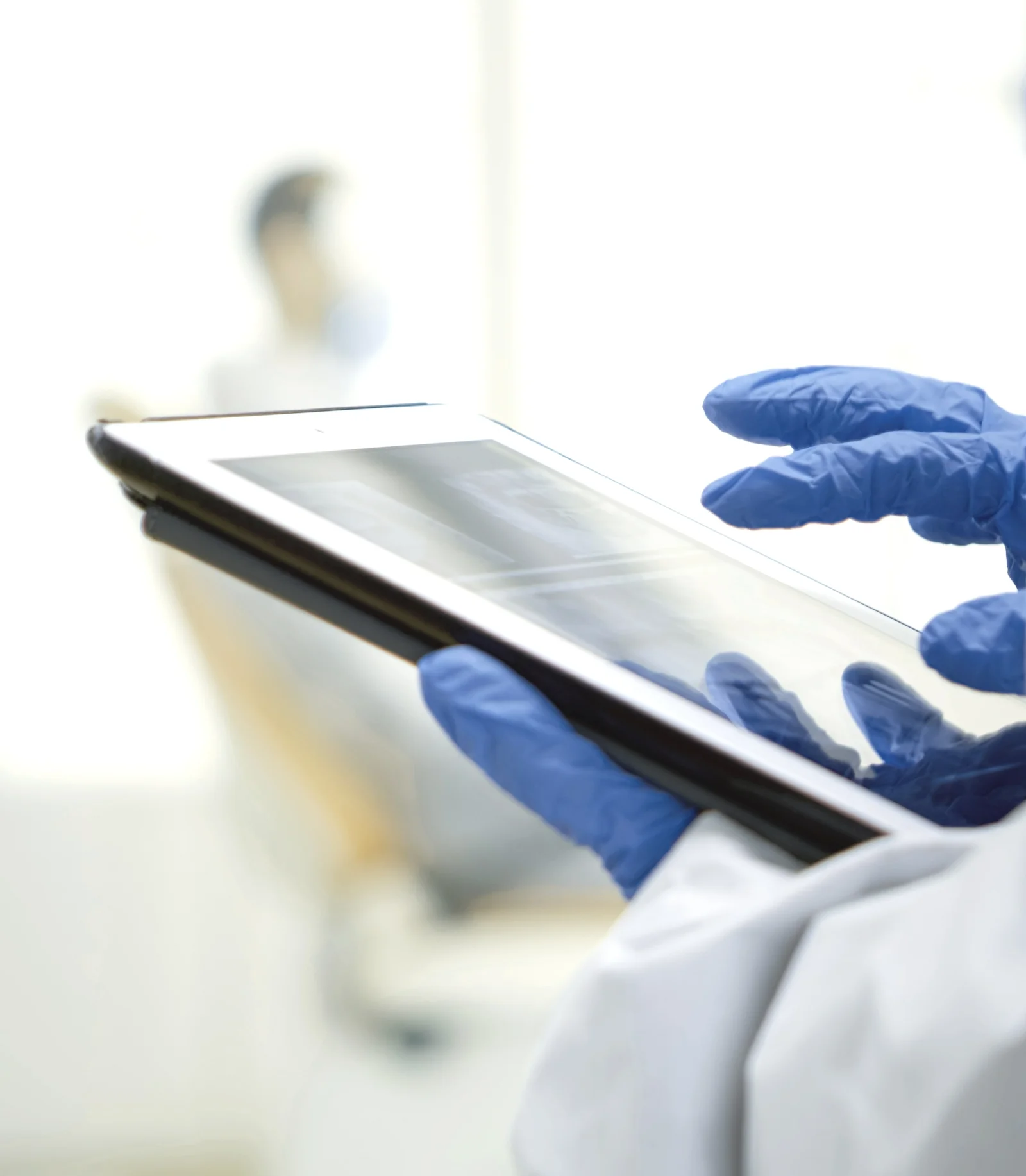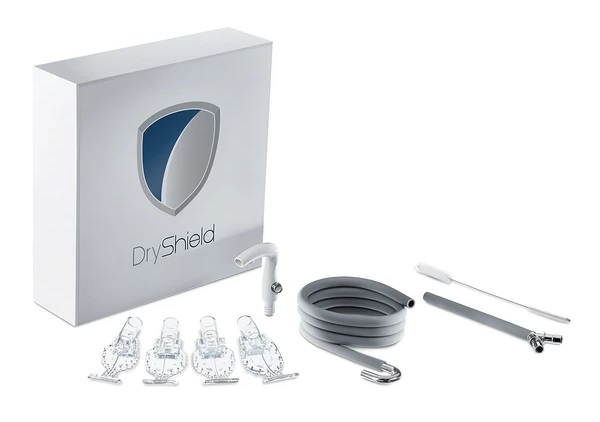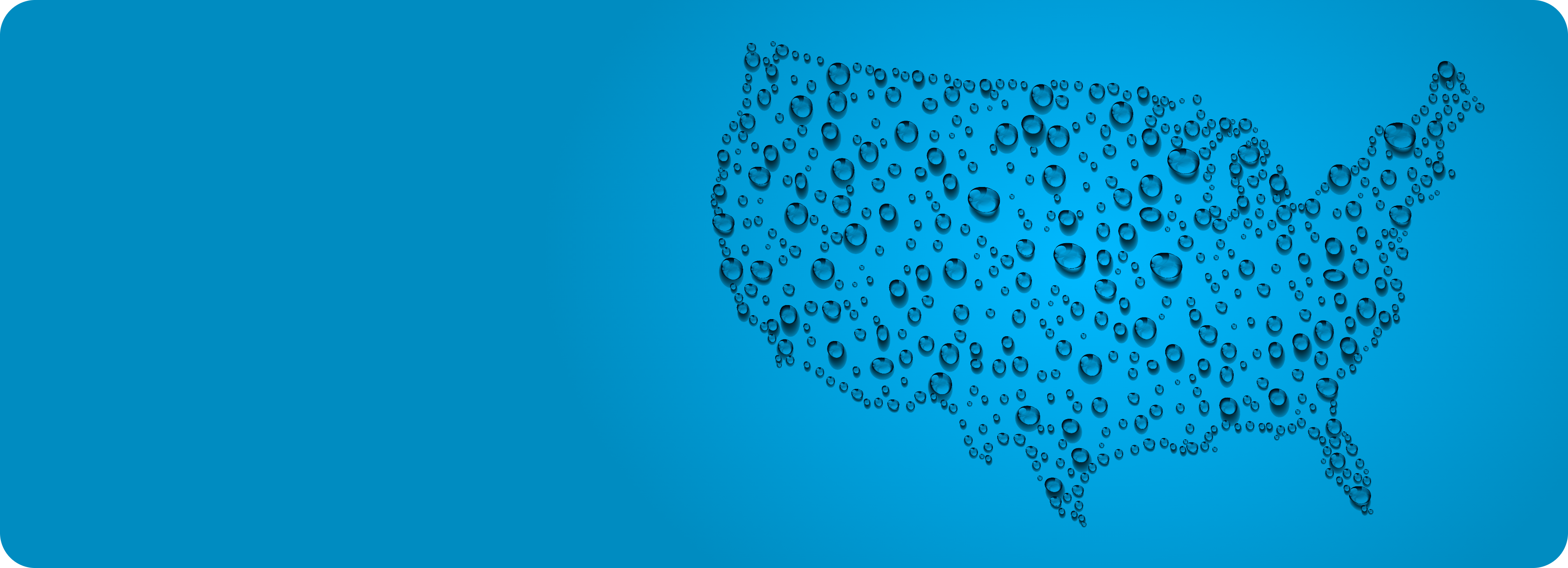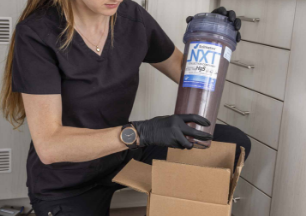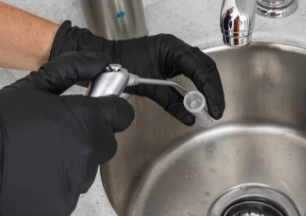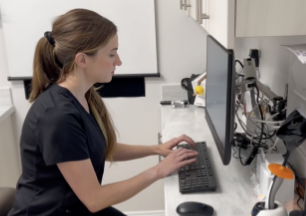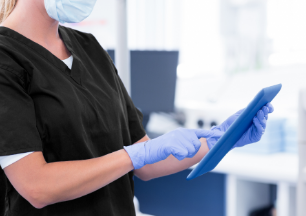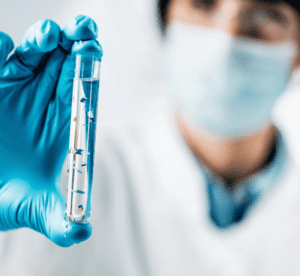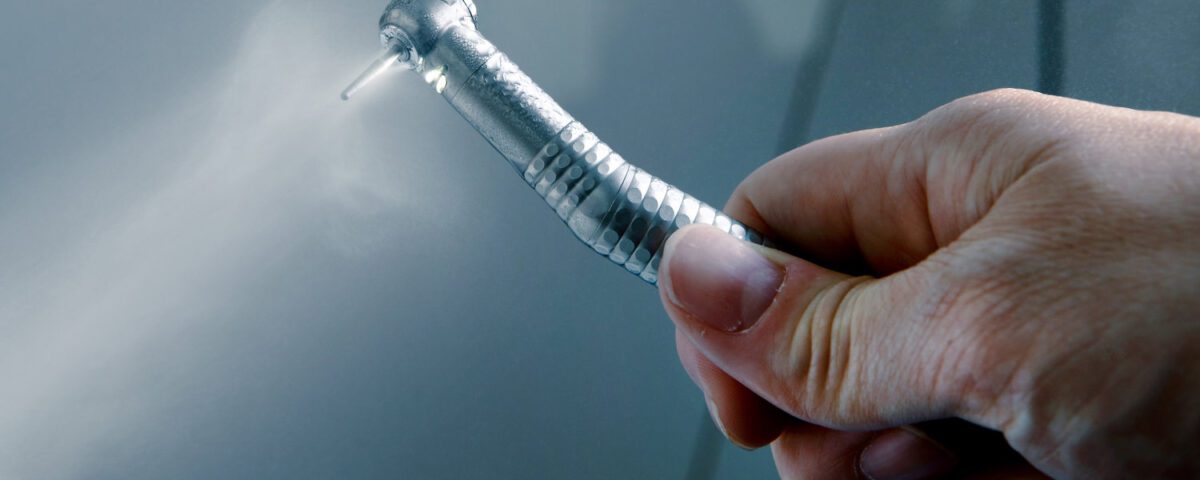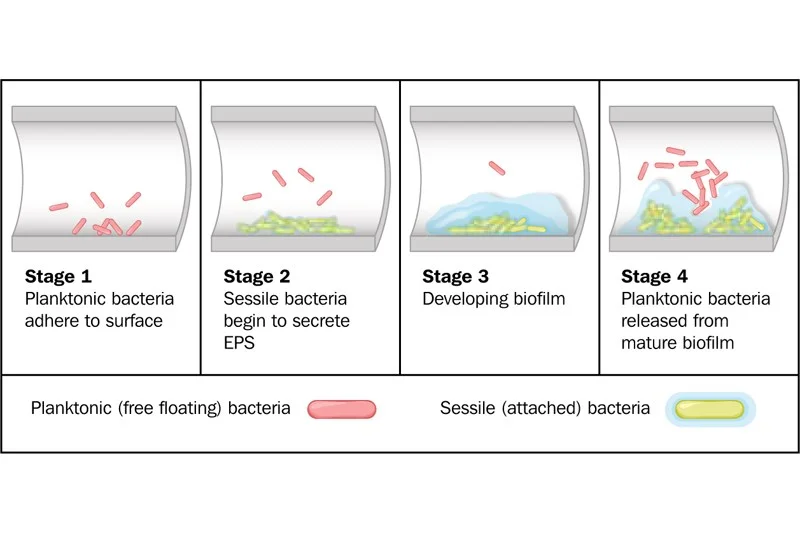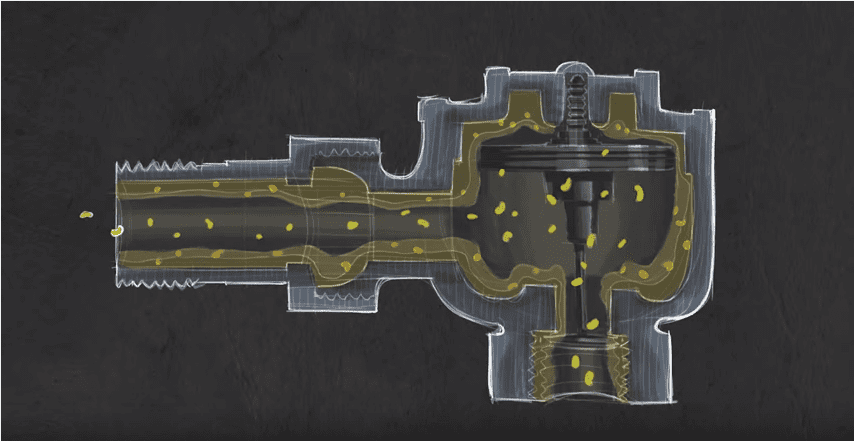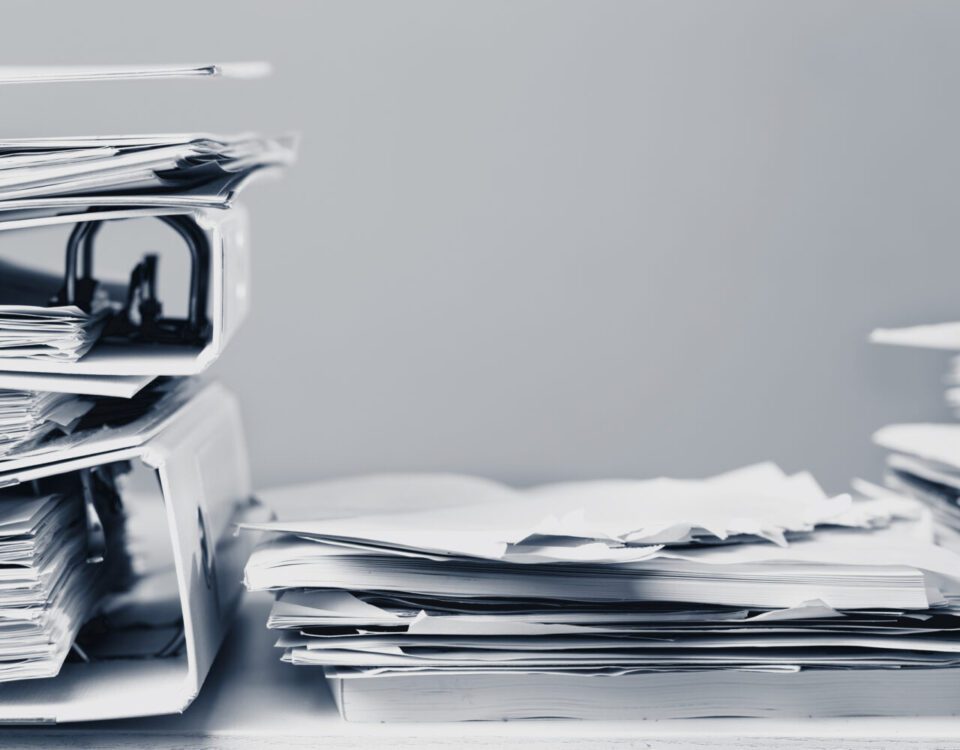Home
Water Solutions
SOURCE WATER QUALITY
SOURCE WATER QUALITYEnsuring Source Water Safety
Municipal water quality is highly variable depending on your location. This chemical variability can undermine the effectiveness of microbial treatment products like straws and tablets and potentially reduce the life of your instruments.
DENTAL UNIT WATERLINE MANAGEMENT
DENTAL UNIT WATERLINE MANAGEMENTRisk of waterborne infections
Dental unit waterline (DUWL) management is vital in dentistry to control biofilm buildup, minimize the risk of waterborne infections, and maintain the quality of the dental water supply to ensure safe and effective dental treatment for patients.
ISOLATION AND AEROSOL CONTROL
ISOLATION AND AEROSOL CONTROLProtect the health and safety of patients and dental staff.
Isolation and aerosol control are essential in dentistry to prevent the spread of infectious diseases, reduce the risk of cross-contamination, and protect the health and safety of patients and dental staff. These measures can help minimize the production and dispersion of aerosols during dental procedures, reducing the risk of transmission of airborne pathogens.EVACUATION
Simple management of waste from the chair through the waterlines.
- NXT® DryVac - Tankless dry vacuum system
- DryShield® - Isolation and aerosol control system
- PowerScrub™ - High performance vacuum line cleaner
AMALGAM CAPTURE AND RECYCLING
The gold standard in amalgam separation
Featuring top-tier technology, the NXT Hg5 represents the gold standard in amalgam separation for your office. Our signature separator—the NXT Hg5—comes in several sizes to fit the needs of your practice.
WASTE MANAGEMENT
Easy and safe disposal for amalgam, lead, and biohazardous waste.
Our DOT and EPA-approved disposal systems help dental practices reduce their environmental impact, prevent the spread of infectious diseases, and comply with regulatory requirements.
Products
- SOLMETEX
Best-in-class products for wastewater evacuation
Solmetex provides dental practices with simple, safe, and effective solutions for all water leaving the chair. Our products keep vacuum lines clean, remove harmful contaminants from entering the water supply, and enable safe disposal of hazardous waste.
- STERISILSTERISIL
Sterisil® Water System
Sterisil ensures water for non-surgical procedures is clean and safe by offering effective, and convenient water purification, treatment, and testing solutions.
- DRYSHIELDDRYSHIELD
DryShield® Autoclavable All-In-One Isolation System
DryShield leads the market in providing clinicians with isolation technology that maximizes ease, comfort, safety, and productivity.
- SOLMETEX
Resources
- EDUCATIONEducation
Dental Water Safety Education
Expand your dental water safety knowledge with resources like CE courses, tutorials and videos, and the Water Matters blog.
- CUSTOMER RESOURCESCUSTOMER RESOURCES
For over 25 years, Solmetex has been an innovator in dental water safety.
Today, dentists count on us to deliver a reliable system of solutions to manage the water in, through, and out of the their practice while enabling compliance within an ever-changing regulatory environment.
- DEALER PORTAL
DEALER PORTAL
Your resource for dealer and technical product information
Solmetex recognizes that without the loyal support of our dental suppliers, much of our success would not be possible.
- DOCUMENT LIBRARYDocument Library
Find documents and resources for our products
Download instructions for use, installation manuals, sell sheets, and log sheets.
- COMPLIANCE INFORMATIONWater Safety Compliance Information
Stay up-to-date on EPA dental regulations.
Download a compliance checklist, access state compliance reports, and browse water safety compliance materials.
Request a Sterisil SMART Compliance binder here.
- TECHNICAL TRAININGTechnical Training
Download related technical documents for Solmetex®, Sterisil®, and DryShield® products.
- ARMY CERTIFICATIONSArmy Certifications
Download your training and certification testing resources here.
Password required.
- EDUCATION
Promotions
- PromotionsPROMOTIONS
All deals available now!
Find our current promotions for Solmetex, Sterisil and DryShield in one place.
- Promotion SubmissionPROMOTION SUBMISSION
Process your rebate and/or your free product.
Find our current promotions for Solmetex, Sterisil and DryShield in one place.
- DryShield Free TrialDRYSHIELD FREE TRIAL
Try the DryShield isolation system free for 30 days!
The DryShield Free Trial Kit includes the DryShield Isolation System along with an assorted sample pack of both our Autoclavable and Single-Use Mouthpieces.
- Endorsements/PartnershipsEndorsements
Find our endorsed products by State, local Dental Associations and Societies.
These special partnerships enable members to receive special programs and services as a membership benefit.
- Promotions
My Solutions Center
- Compliance CenterCOMPLIANCE CENTER
Follow Regulations
Make sure your office stays compliant with EPA and state regulations.
- RECYCLING CERTIFICATESRECYCLING CERTIFICATES
Access Documents
Keep track of your amalgam waste recycling certificates.
- WATER TESTINGWATER TESTING
Track Results
Log, trend, and respond to ongoing bacteria testing efforts.
- SUBSCRIPTIONSSUBSCRIPTIONS
Set Up Deliveries
Schedule your orders to ensure you are never without products.
- PRODUCT REGISTRATIONPRODUCT REGISTRATION
Enroll Products
Register your water safety products and receive proof of installation certificates.
- CREATE SUPPORT CASECREATE SUPPORT CASE
Report Issues
Request customer support and track your case to its resolution.
- Compliance Center
Support
- SUPPORTSUPPORT
Expert Support
We have extensive experience in
water chemistry, chemical separation science, process engineering,
high performance manufacturing, as well as federal, state and local
regulations governing water and hazardous wastes. - SPECIAL MARKETSSpecial Markets
Solutions that Scale
Solmetex provides DSO’s with the only comprehensive lineup of end-to-end dental water solutions, designed to enhance practice performance. This provides DSO’s an unmatched level of assurance for water safety, quality, and compliance.
- INTERNATIONALINTERNATIONAL
Locate authorized distributors in your region.
Our international dealer directory lists trusted partners selling Solmetex products and solutions in key countries around the world.
- WATER CONSULTATIONWater Consultation
Schedule a free water consultation with a Solmetex Water Solutions Expert.
- SUPPORT
RECYCLE, SHIP, ORDER NOW
RECYCLE, SHIP, ORDER NOW
- Print Recycle Shipping LabelShipping Labels Made Easy
Print Recycle Shipping Label
Print and place your shipping label on the box containing your recyclables.
- Print Recycle CertificateRecycling Made Easy
Print Recycle Certificate
Print and place your recycling certificate on your full amalgam separator canister, or lead buckets to be EPA-compliant.
- Order NowProduct Ordering
End-to-End Dental Water Management Products
Purchase products for all your dental water management needs from Solmetex, Sterisil, and DryShield.
- Print Recycle Shipping Label
The Water Quality Conundrum
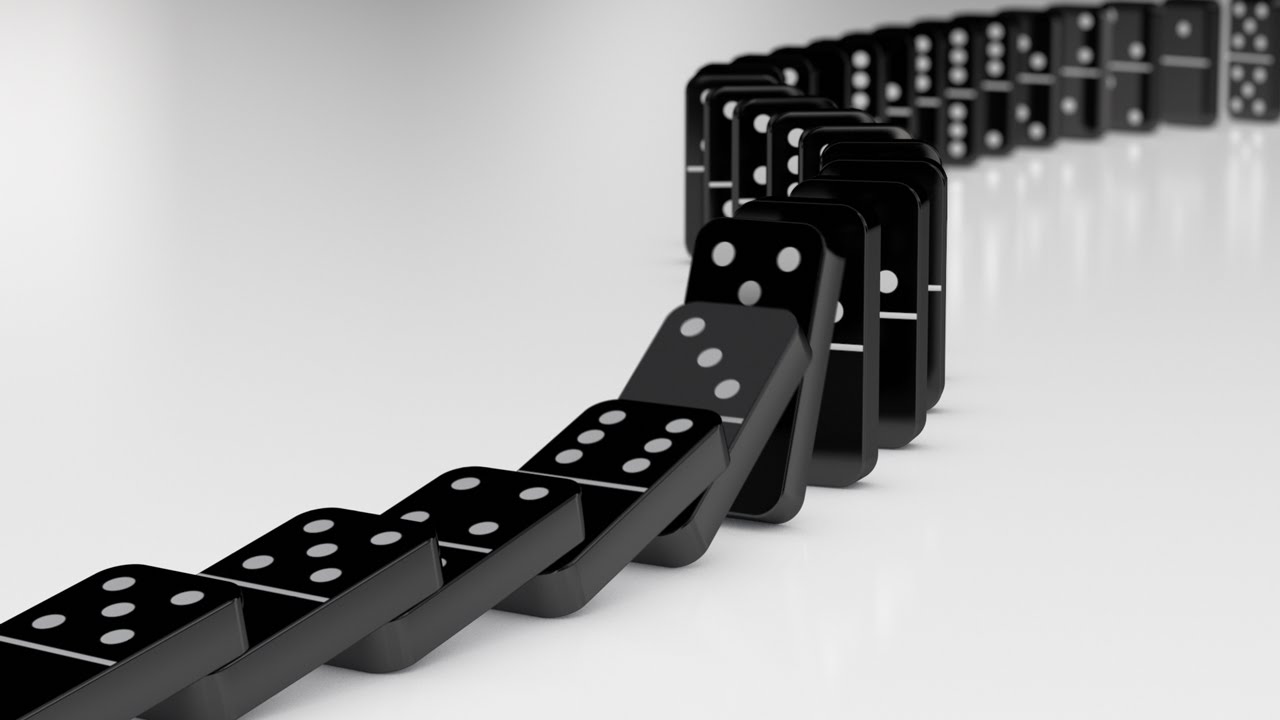
The Next Domino to Fall in Waterline Regulation
June 30, 2023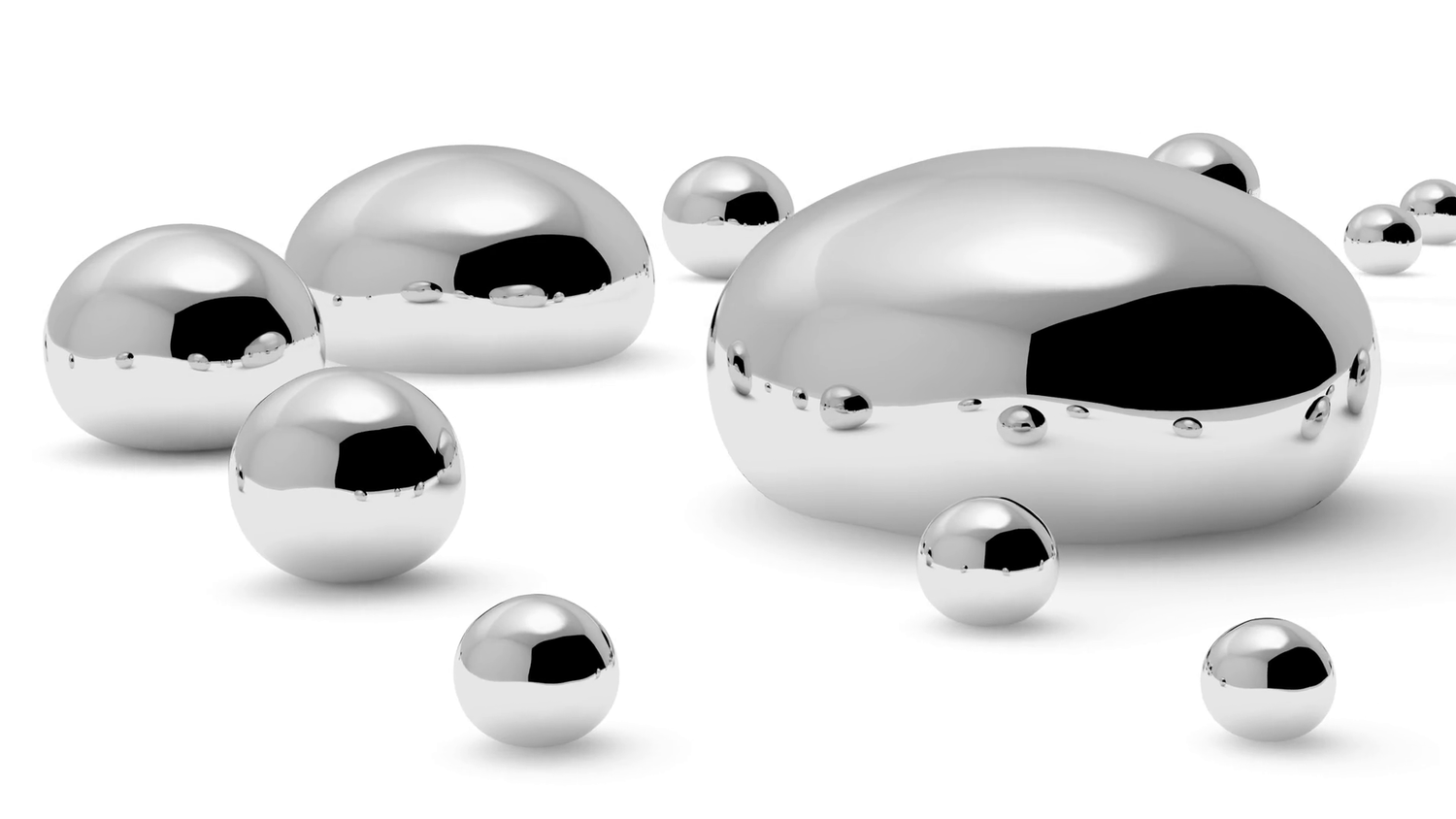
Dental Amalgam – EPA Rule by Confusion
June 30, 2023The Water Quality Conundrum
Water quality is a relative assessment. It can be hard to say with confidence, “my water is clean enough.” A lot of clinicians just assume their water quality meets some unknown standard of quality and have no inclination on how to verify their water quality is up to par. Water quality exists on a spectrum and depending on what kind of procedure is being performed, your water quality may not be up to snuff.
There are three primary grades of water quality when it comes dentistry: distilled, dental, and sterile. Each have their own specific qualities and specified uses. In this entry, we will quantify these grades of water and how different procedures will necessitate the use of different grades of water.
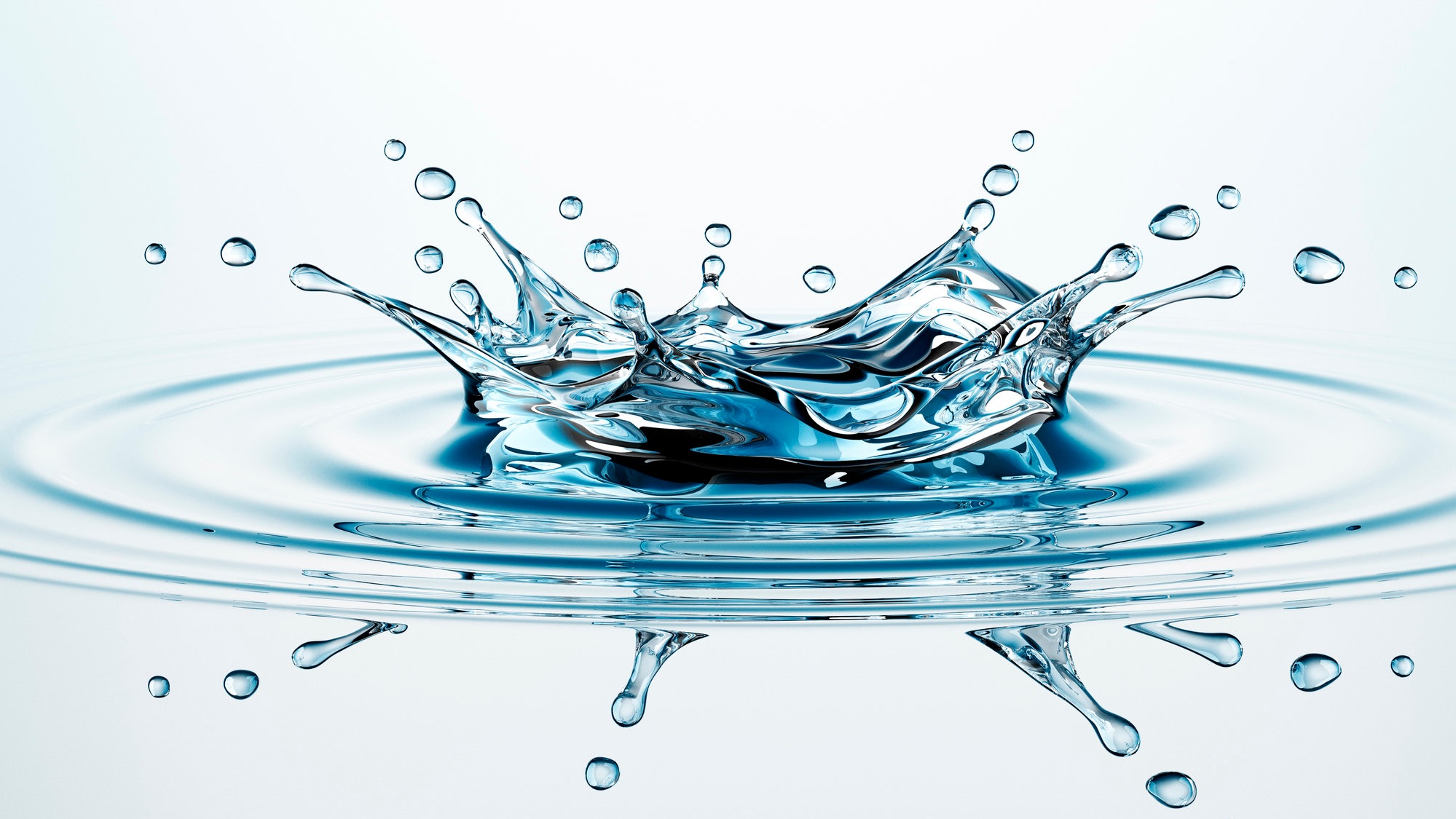
Distilled/Distilled Quality Water
Oh, distilled quality water. Your subtle portrayal of cleanliness has led many a clinician a stray over the years. Distilled quality water is indeed cleaner than tap water. But technically speaking, what is distilled quality water? And, what is it suitable for use in a dental practice? Let’s find out!
Distilled quality water is not “distilled water,” rather it refers to the relative purity in relation to distilled water. Distilled quality water, by Sterisil® standards, is water containing <10 parts per million (ppm) total dissolved solids (TDS).
Often, distilled and distilled quality water is used in instrument washers and autoclaves. Its low contaminate level ensures that no dried deposits are left on sterilized or sanitized equipment after cleaning.
By itself, distilled quality water is not suitable for use in the dental unit due to several factors we have covered ad nauseum on this blog. (see The Bacteria Problem). However, distilled quality water is an excellent base water for use with dental bottles in conjunction with tablets and straws. This is a powerful, proven formula for effective dental water production at the operatory.
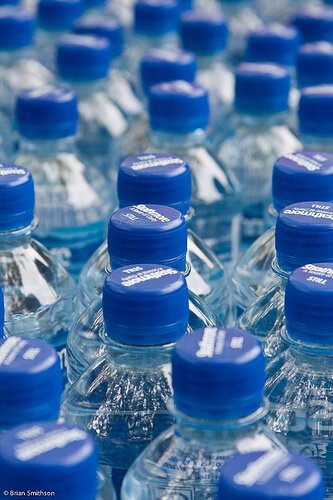
Dental Water
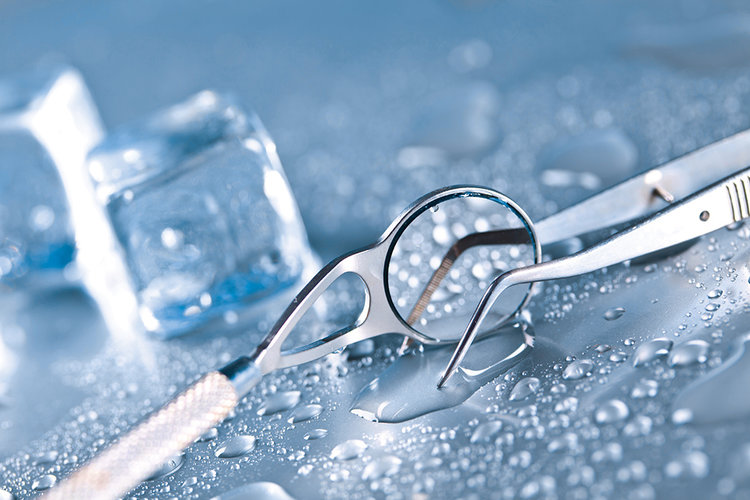
Dental water contains a residual chemical treatment, thus mitigating microbial content to <500 colony forming units (CFU). According to OSAP, dental water is suitable for all nonsurgical dental procedures that do not involve the “incision, excision, or reflection of tissue that exposes the normally sterile areas of the oral cavity.” For most routine dental procedures, this grade of water is suitable.
There are ample commercially available options for clinicians to ensure their water meets this standard. As a clinician, keep in mind the effective limitations of dental water: not sterile and not suitable for use in surgical
procedures. A routine procedure can unexpectedly end up in surgical territory. Recognizing this and acting accordingly will protect the patients from an infection and the practice from a potential liability claim.
Sterile Water
Sterile water in the context of dentistry should conform to sterile water standards for irrigation or sterile saline solution from the United States Pharmacopeia (USP). You can find a very detailed description of sterile solutions here.
According to OSAP, sterile solutions should be used in the following instances:

-
Biopsy
-
Periodontal surgery
-
Apical endodontic surgery
-
Implant surgery
-
Surgical extractions of teeth (e.g., removal of erupted or nonerupted tooth requiring elevation of mucoperiosteal flap, removal of bone or section of tooth, and suturing if needed.)
There are many other instances where discretion should be applied. Procedures such as nonsurgical tooth extractions, gingival procedures, and nonsurgical endodontic procedures are listed by OSAP as having the potential to warrant a sterile solution to lower the possibility of infection.
Sterile solutions should never be considered “sterile” if they are delivered through the dental unit. It is well documented that the dental unit is unsuitable for delivery of sterile solutions. It might be sterile going in, but it will most certainly develop some level of contamination before it leaves a handpiece. Always consult the manufacturers labeling for delivery of sterile solutions.
Expect the Unexpected
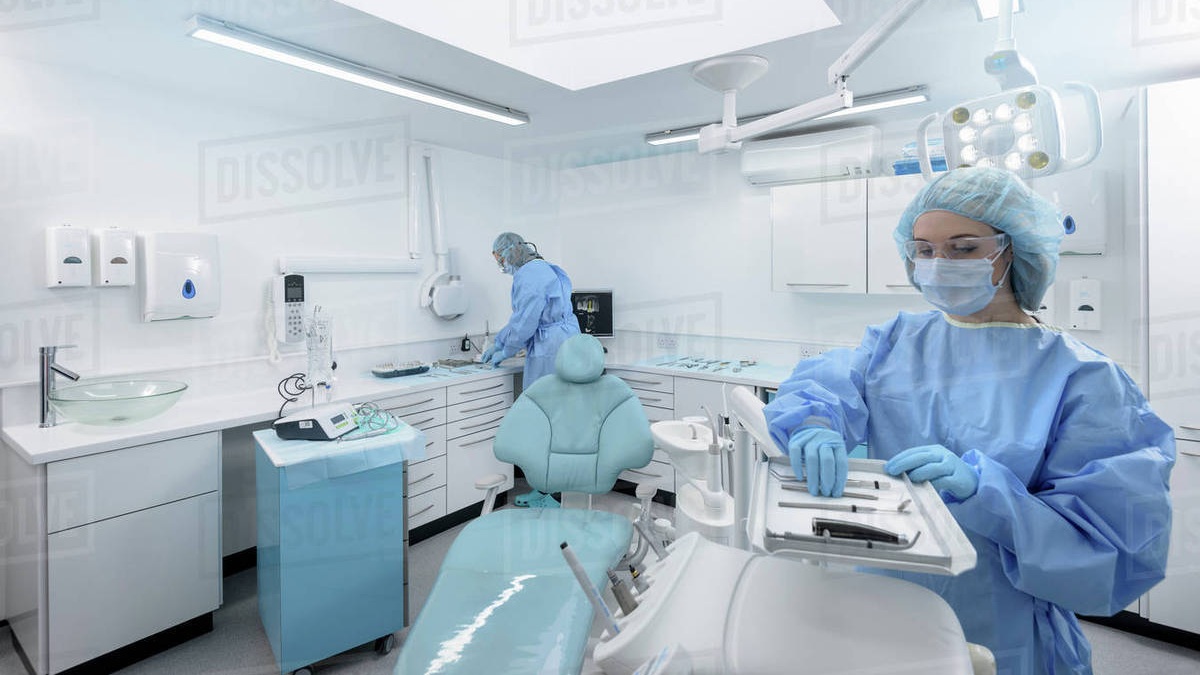
Understanding the nature of the procedure to be performed, and the limitations of the water quality necessitated by that procedure, will help you as a clinician minimize the risk of water related infections. What’s acceptable for one procedure may not be acceptable for another. Always prepare accordingly and be ready should a procedure drift into a category that demands a higher standard of water purity.
